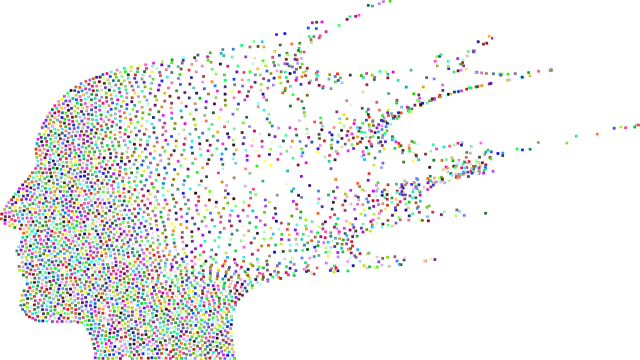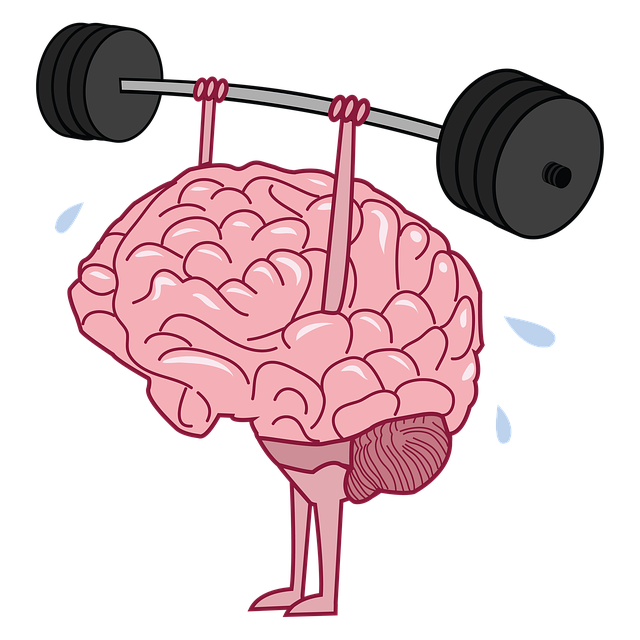Northglenn Family Counseling Therapy prioritizes data-driven decision-making for effective mental health services. They collect, organize, and analyze diverse data points like demographics, symptoms, treatment outcomes, and progress over time to identify high-risk groups, evaluate interventions, refine protocols, and develop tailored burnout prevention strategies. Advanced qualitative and quantitative techniques enable them to interpret trends in individual and community well-being, predictors of mental health outcomes, and design targeted programs like Social Skills Training and Resilience Building. This strategic use of data ensures personalized treatment plans, addresses specific needs, and improves patient outcomes at Northglenn Family Counseling Therapy.
Mental health data analysis has emerged as a powerful tool, offering valuable insights into understanding and improving patient care. This article delves into the intricacies of this process, starting with establishing a foundation for analyzing mental health data and exploring various collection methods in clinical settings.
We discuss advanced techniques to interpret and derive meaningful insights, showcasing their application at Northglenn Family Counseling Therapy, where analysis enhances therapeutic outcomes. By leveraging these strategies, professionals can navigate complex data landscapes to provide more personalized and effective treatment plans.
- Understanding Mental Health Data: A Foundation for Analysis
- Data Collection Methods in Clinical Settings
- Techniques for Interpretating and Drawing Insights
- Applying Analysis to Enhance Therapy at Northglenn Family Counseling Therapy
Understanding Mental Health Data: A Foundation for Analysis

Understanding Mental Health Data is a pivotal step before any analysis or interpretation can take place, serving as a bedrock for informed decision-making in healthcare, particularly at institutions like Northglenn Family Counseling Therapy. This data encompasses a wide range of information, from patient demographics and symptoms to treatment outcomes and progress over time. By meticulously collecting, organizing, and analyzing these data points, mental health professionals gain valuable insights into trends, patterns, and correlations that can guide clinical practice and policy-making.
Such analysis plays a crucial role in identifying high-risk groups, evaluating the effectiveness of interventions, and refining treatment protocols. Moreover, it supports the development of targeted burnout prevention strategies for healthcare providers, as well as enhancing cultural competency training to improve patient outcomes. Positive thinking and resilience can be nurtured through data-driven insights, ensuring that mental health services remain accessible, effective, and tailored to individual needs.
Data Collection Methods in Clinical Settings

In clinical settings like Northglenn Family Counseling Therapy, data collection methods play a pivotal role in understanding and addressing mental health concerns effectively. These methods range from structured interviews and questionnaires to observation and record reviews. For instance, Crisis Intervention Guidance often employs semi-structured interviews to gather detailed information about individuals’ experiences, thoughts, and emotions during traumatic events. This qualitative approach allows therapists to capture nuanced insights that quantitative measures might miss, fostering more personalized care.
Furthermore, Mental Health Awareness initiatives within these settings may utilize standardized tools for data collection. These tools assess various aspects of mental health, including symptoms, functioning, and coping strategies. By regularly collecting such data, professionals can track progress over time, identify trends, and adapt treatment plans accordingly. Resilience Building interventions, too, benefit from this practice as it enables therapists to measure clients’ growing capacity to cope with challenges, demonstrating the effectiveness of their therapeutic approaches.
Techniques for Interpretating and Drawing Insights

Interpretation and insight extraction from mental health data are pivotal steps in understanding individual and community well-being trends. Professional counselors at Northglenn Family Counseling Therapy employ diverse techniques to unravel complex patterns within survey responses, therapy session notes, and behavioral observations. These methods include qualitative analysis for identifying themes and narratives that reveal underlying emotional or social dynamics.
Quantitative approaches, such as statistical modeling and machine learning algorithms, are leveraged to identify correlations and predictors of mental health outcomes. This enables counselors to develop targeted interventions like Social Skills Training and Resilience Building programs, informed by data insights. Even community-level initiatives, for instance, Community Outreach Program Implementation, can be tailored to address specific needs revealed through rigorous data analysis.
Applying Analysis to Enhance Therapy at Northglenn Family Counseling Therapy

At Northglenn Family Counseling Therapy, data analysis plays a pivotal role in enhancing therapeutic outcomes and fostering mental health awareness among clients. By meticulously analyzing trends and patterns within their patient population, therapists can tailor their approaches to address specific needs more effectively. This strategic application of data enables them to design personalized treatment plans that go beyond traditional one-size-fits-all methods.
Through advanced analysis techniques, Northglenn Family Counseling Therapy identifies areas of concern, such as prevalent mental health conditions or unique cultural considerations within their community. For instance, insights derived from data may reveal a higher incidence of burnout among working parents, prompting the development of specialized programs focused on stress management and work-life balance. Moreover, analysis can guide the implementation of successful social skills training initiatives, ensuring that clients gain valuable coping mechanisms and build stronger support networks.
Mental health data analysis is a powerful tool that can significantly enhance therapeutic practices, as demonstrated by Northglenn Family Counseling Therapy. By understanding and interpreting this data effectively, therapists can tailor their approach to individual clients, leading to more successful outcomes. The techniques discussed in this article provide a comprehensive framework for navigating the complex landscape of mental health insights, ultimately fostering better patient care and improved well-being.














